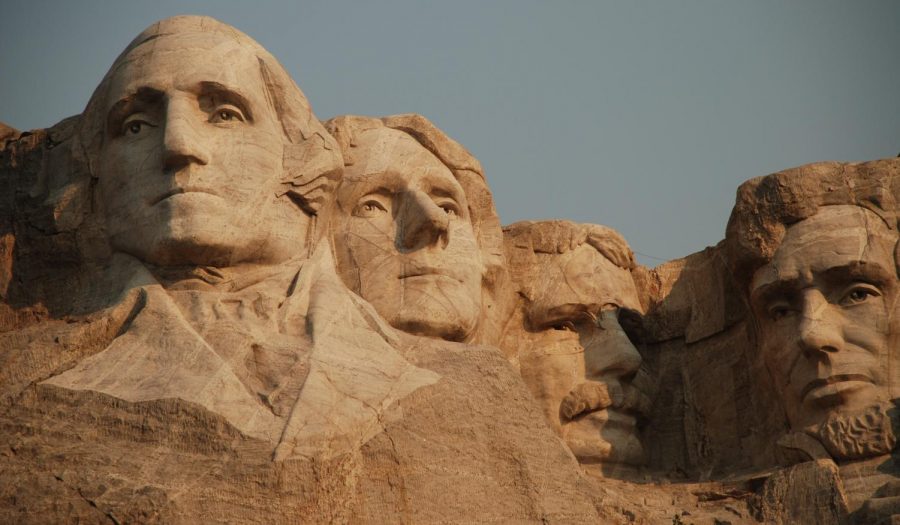The Presence of President’s Day
February 20, 2017
“Liberty, when it begins to take root, is a plant of rapid growth.”
George Washington–the American Revolutionary War general and hero, the first President of the United States of America–is also the source of the national holiday we now know as President’s Day. In fact, TIME magazine explains that what is now President’s Day was the first federal holiday to honor a person and was originally a holiday to honor Washington on his observed birthday, February 22nd. It held the name Washington’s Birthday. However, it was altered to no longer be observed on February 22nd and instead to be set as the third Monday of every February beginning in 1968, nearly 90 years after the holiday was first officially established in 1880.
In 1971, the transition began to include both Washington’s birthday and President Abraham Lincoln’s birthday. Lincoln’s birthday, February 12th, was observed in several states and a few began to consolidate the two into a holiday titled President’s Day. By the 1980’s, the title of President’s Day had become widely accepted. In 1999, a couple of bills attempted to pass the title confirmation as Washington’s Birthday. Due to the growing number of POTUS birthdays in the month of February, the idea was shot down and the official title still continues to be President’s Day today. Currently, the holiday also is used to honor and respect all presidents. Some argue that the consolidation of all president’s honoring on this day lowers the power of both Lincoln and Washington’s legacy. However, the undeniable fact is that though all presidents are honored on this day, the camaraderie of patriotism and respect still maintains.
President’s day is most often marked by the closing of schools and government offices to observe the holiday, but outside of this tradition there are few nationally practiced traditions relating to the holiday, especially today. The day off is taken to honor the legacy of past presidents, but as we become more critical of our collective history and of the actions of those past presidents, it becomes important to look at this day not only as an opportunity to celebrate the men that have shaped our country, but to understand their flaws. Our presidents have done great work, but no one is free from error and it’s important to keep that in mind when considering the legacy of Presidents’ Day in a modern context. No president has been perfect, just as no individual is perfect, and to have a complete understanding of our history it is important to look beyond the grandeur of the office to see the humans beneath.
So, if you have the day off this President’s Day use it to learn and reflect on the legacies of our past presidents, the good and the bad, and use that knowledge to interpret what is happening today. There is no greater teacher than the past, so take this day to reflect on the history of this country and use it to interpret our current political climate. Go into tomorrow a more educated citizen, ready to do what you can to create a country you can be proud of.
Sources:
http://newsfeed.time.com/2012/02/20/a-brief-history-of-what-you-think-is-presidents-day/
http://www.history.com/topics/holidays/presidents-day
Photography by Ronda Darby (via unsplash.com)






